-
×
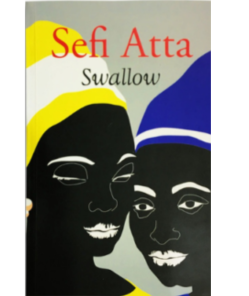 Swallow (Sefi Atta)
1 × ₦6,000.00
Swallow (Sefi Atta)
1 × ₦6,000.00 -
×
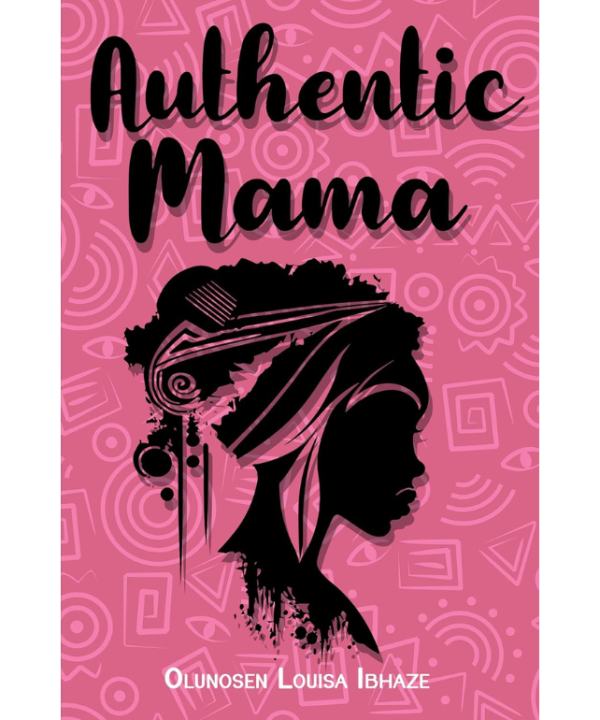 Authentic Mama
1 × ₦5,000.00
Authentic Mama
1 × ₦5,000.00
Ṣẹ̀gílọlà Arómirẹ́ Ògìdán
₦10,000.00
Torn between upholding her core values and risking a nightstand for her lover, Segilola makes a decision that alters the trajectory of her life. Cultural taboo, a mother’s love, misogyny and revenge lock horns with crime at an interesting crossroads.
Purchase a copy of ṢẸ̀GÍLỌLÁ ARÓMIRẸ́ ÒGÌDÁN and delve into the world of brilliant storytelling.
3 in stock



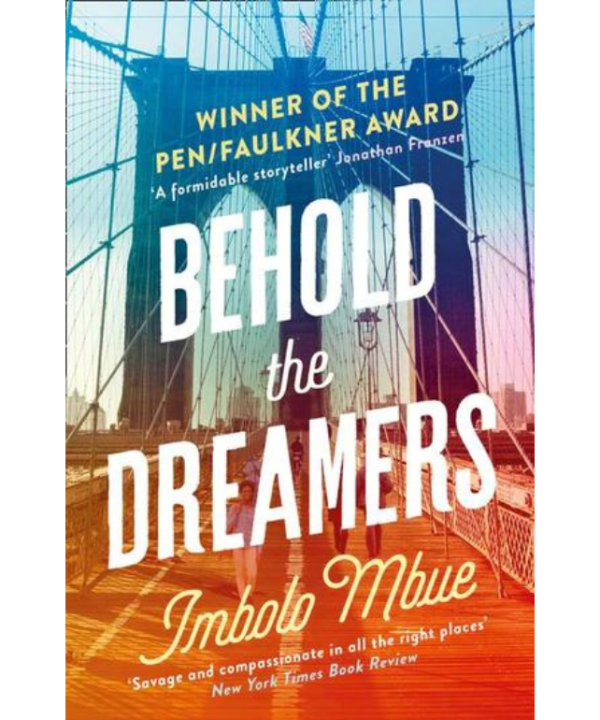
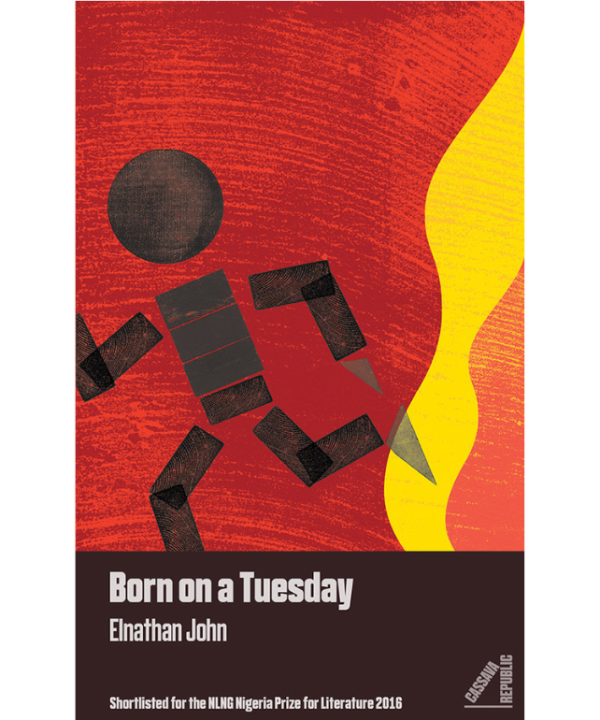
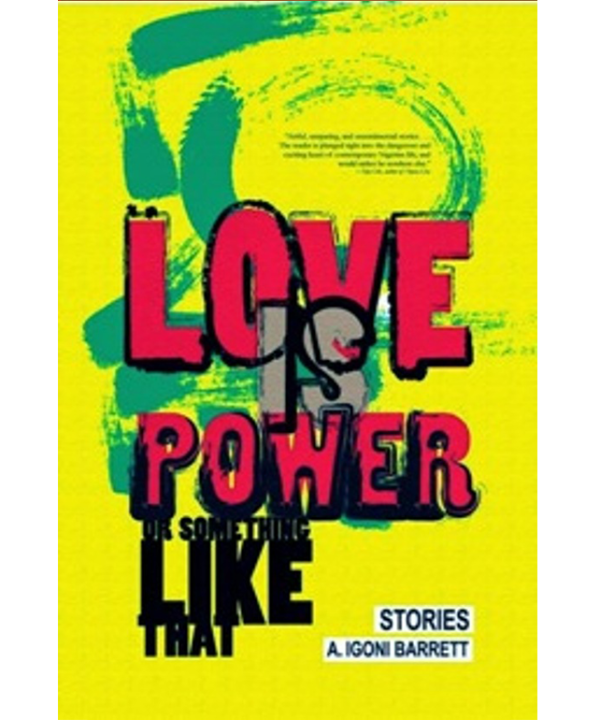

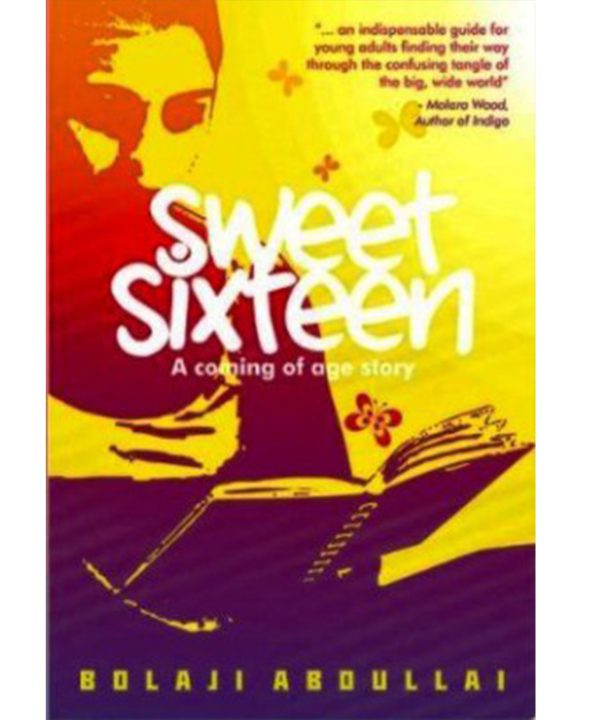
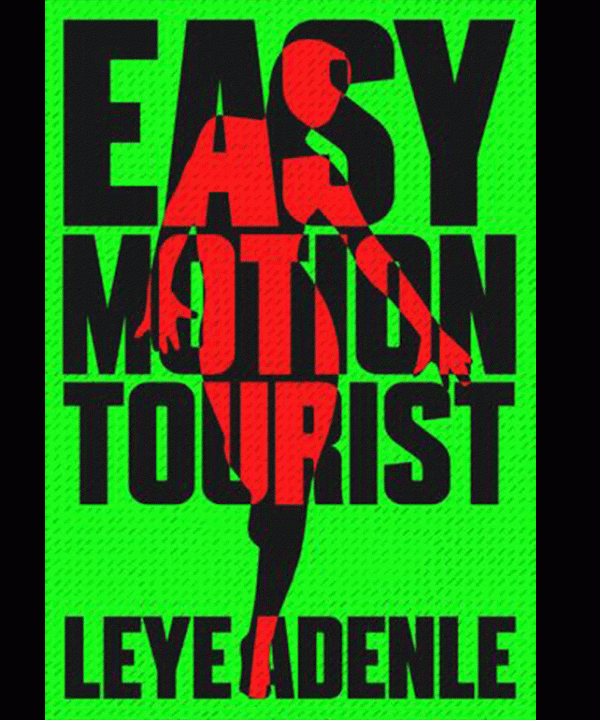
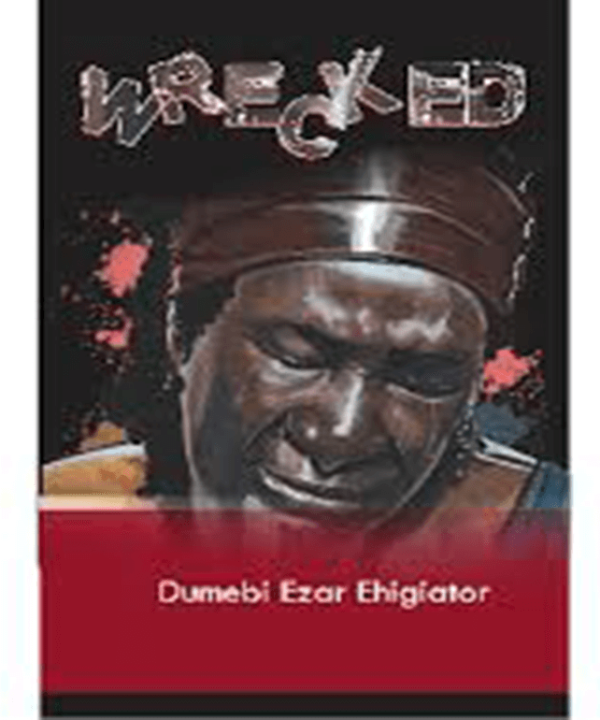
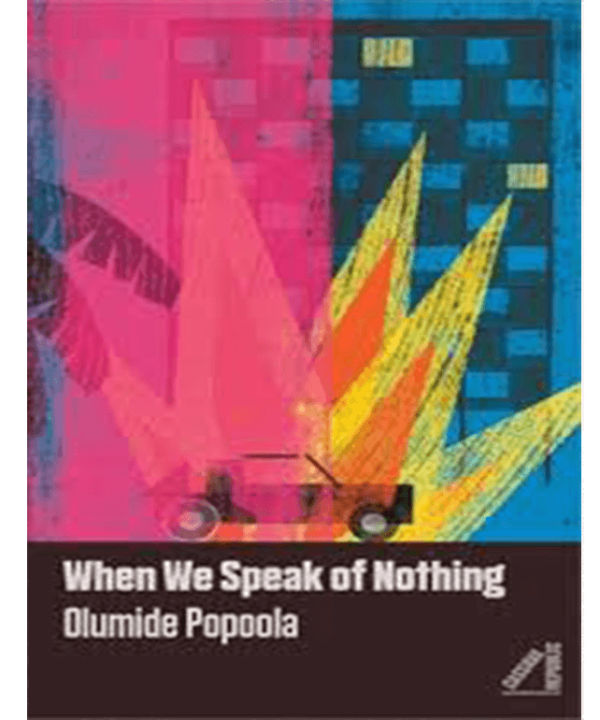
Bimbo Thomas –
Ṣẹ̀gílọlá Arómirẹ́ Ògìdán is reminiscent literature… The deployment of rich, intense Yorùbá narrative skill to address the problem of gender imbalance and patriarchy is laudable. This novel is a page turner!
Olaoluwadayomi Ajibogun –
Ṣẹ̀gílọlá Arómirẹ́ Ògìdán is the ignition of a renaissance and a movement likewise, to tag SAO as just a book will be to reduce the magnitude of work Gemini has invested into this. This is one peak toptier quality writing that got me glued from the first page to the last.
Juliet Nnaji –
It is hard to find writers who are detailed, yet carry you along in their storytelling but Gemini totally nailed it in this masterpiece. The last book to get me this excited was Joys of Motherhood by Buchi Emecheta. Ṣẹ̀gílọlá Arómirẹ́ Ògìdán is such a beautiful work of art. There was so much lessons to be learnt than most self help books will ever teach you.
Ṣẹ̀gílọlá Arómirẹ́ Ògìdán is THAT BOOK!
Tomisin Margaret (verified owner) –
I was ten years old the first time I read a Yoruba novel – Ògbójú Ọdẹ Nínú Igbó Irúnmọlẹ̀ by D.O Fágúnwà. The command of Yorùbá language in the novel was captivating and it got me hooked. It was the beginning of my fascination with Yorùbá language.
I felt that same feeling of fascination as I opened Ṣẹ̀gílọlá Arómirẹ́ Ògìdán to read.
Apart from the quality of the plot, Àrẹ̀mọ Yusuf Àlàbí Balógun’s skillful use of Yorùbá language made the novel an adventure I enjoyed. Developing a plot into a good story is one thing, doing it with good and ijinle Yoruba with relevant proverbs is another thing, and Àrẹ̀mọ deserves a big kudos for this.
SAO really resonates with me as I believe that we all have personal responsibilities in how we continue to tolerate bad actions from people who are supposed to be our loved ones.
Although the book chronicles the journey of two lovers (Ṣẹ̀gílọlá and Gbénga – the main characters), the most important lesson I took out of the story is that; while other people’s actions are not under our control, we have control over how we tolerate these actions and over our decisions to continue to sacrifice our wellbeing for our loved ones.
From Lateef’s obsession with being needed by damaged people, to Gbénga’s lack of maturity and responsibility to Ṣẹ̀gílọlá’s lack of self love, SAO is a guide to examining ourselves, our accountability and self-awareness levels.
My two dominant emotions while reading this story were anger and pity – anger at Ṣẹ̀gílọlá for always making one stupid decision after the other, and pity for Ṣẹ̀gílọlá because I also know how deeply societal conditioning affects the people who have been conditioned.
However, my pity for her evaporated when she started lamenting about Gbénga’s absence even after almost killing her.
Ṣẹ̀gílọlá Arómirẹ́ Ògìdán is a captivating story well delivered through a beautiful language that is dear to my heart. This is a book to enjoy, and also a book to remind us how much the trajectory of our lives depends on the choices we make and the actions we tolerate.
Toyosi Kafilah Fashola (verified owner) –
As an avid book reader, once in a while, you come across a book you know you will not be forgetting in a while; Ṣẹ̀gílọlá Arómirẹ́ Ògìdán is such a book. Every page is filled with a promise of something else to come and when you are done with it, you keep thinking about it. It lingers in your mind long after you have closed the final page.
The author narrates a story of love, trust, betrayal and disbelief, leaving you with a heart full of anger. The book shows the extent humans will go for greed, love and revenge. A great book, to me, is a book that is able to provoke emotions in us and Ṣẹ̀gílọlá Arómirẹ́ Ògìdán easily falls into that category.
Ṣẹ̀gílọlá Arómirẹ́ Ògìdán by Àrẹ̀mọ Yusuf Àlàbí Balógun tells the story of Ṣẹ̀gílọlá, the eponymous character as she navigates the consequences of her decisions and what her heart wants. It tells the story of each character and how their action affects others deliberately or otherwise, ranging from Ṣẹ̀gílọlá herself to Gbénga to Chief Kànràn to Ṣẹ̀gílọlá’s mother to Alfa Ayégbajẹ́jẹ́ and his mom to Bẹ́wàjí to Ẹnitàn to Afọlákẹ́ and Lateef and how their journey interweave with Gbérìn and Bàbá Toheeb amongst others. SAO is a testament to how riveting one’s action or inaction can affect another one.
The central theme in this book is love but love with a twist. Ṣẹ̀gílọlá loved her man while Gbénga loved his ambition. How then can love make one this angry? It shows the chaotic nature of love and the unpredictable actions this love is capable of inspiring. Ṣẹ̀gílọlá, at the heart of the story expresses the full spectrum of human emotions from love to trust, to joy, to anguish, to betrayal, to sadness, to bitterness and in a turn of event, right back at love again. It leaves one with many questions such as why? Why would she make such choices? How can she do that after everything she went through? Would it have been different if she made different choices or there is no escaping fate as written unto her? It makes one think about how a single decision can affect the trajectory of not only one’s life but also the life of others intertwined with theirs.
Gbénga, on the other hand, has far greater sins than the betrayal of trust, and just when you are excited that he has faced the consequences of his actions, a twist that shows you that the characters are complex yet simple comes up to shove that off the shelf. Is the tale of Gbenga serving as a cautionary tale to check human’s ambitions, greed and cruelty? There is no background to his story and therefore, no excuse for his actions but what could have made him make such decisions? Why did he make those choices? Gbénga’s life choices and beliefs are also seen in the life of Ẹnitàn and it makes one wonder if the vicious cycle can ever get broken.
Bẹ́wàjí is the perfect example of the proverbial person that “keeps blood within and spits out saliva”. She has a dark secret that is hidden, deep down. Is she justified? Did she do the right thing or she just had to survive? What are the consequences of guilt and silence?
In Afọlákẹ́’s character, we are able to see the need to heal from past trauma, so as to move forward. While she loves her husband in her own ways, she is still trapped in a vicious cycle of hurt and anger. She is a character weighed down by her past pain and trauma, hence feeling the need to destroy any good relationship and she is also constantly in a state of inner turmoil. When I needed her to talk sense into her friend, she suddenly decides to become a good person. Her journey is one of survival, literally.
Lateef’s tale leaves one wondering whose fault was all that happened to him. His parents? Himself? The women around him? Could he also have made other choices? Plus who does he think he is; Superman?
In Ṣẹ̀gílọlá Arómirẹ́ Ògìdán, love and hatred coexist as the two sides of a coin same as anger and even more anger coexist in the same manner. It serves as a poignant reminder of moral complexities of human emotions such as love, trust, betrayal, greed and the results of choices made by individuals.
Personally, I am always looking forward to a Yorùbá book and this gives me immense joy as the book was written by a youth in pure, undiluted Yorùbá language. This makes my heart giddy with joy. It has been a while that I wanted to read a “new-generation” Yorùbá author as I feel the need for younger authors in the Yorùbá literary world, so this book is a welcome development, as it serves as a door to usher in new Yorùbá books. The author’s writing style is simple yet evocative. The story develops at a good pace and it is written in such a way that you keep opening the next page until you are done. Throughout the story, the plot advances in an unpredictable manner, leaving you wanting to anticipate what comes next.
The book is a rollercoaster of emotions as it takes one through the mushy feelings of love to pain and hurt and sadness and anger. I have never read a book that left me with so many emotions before. The author really used his pen to evoke different emotions and it was beautifully done. If you are looking for a genre-bending book with complex (yet relatable) characters and many unexpected twists and happenings that will keep you opening the next page at a fast speed, then Ṣẹ̀gílọlá Arómirẹ́ Ògìdán by Àrẹ̀mọ Yusuf Àlàbí Balógun is a must read for you.